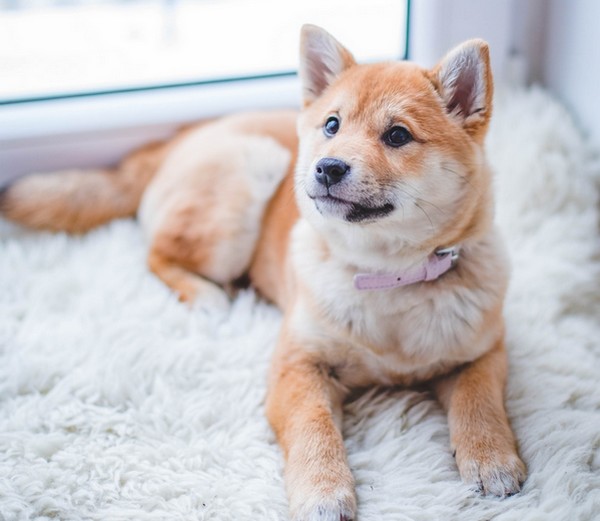
How to Get Your New Dog Used to Your Home
If you just got a dog, it will take some time until your pup is comfortable in your home. It’s important that you try to be patient during this adjustment period, as it will be quite a change for you as well. If you work toward getting your dog used to a routine, the acclimation period won’t take as long. Here are some ways to help your pup settle into its home.
Let Your Pup Go At Its Own Pace
Since your dog will be wary of its new surroundings, it’s crucial to let it explore at its own pace. Only allow your pup in rooms you’ve puppy-proofed, but don’t force your dog to go into each room until it’s ready. To help ease your dog’s anxiety, offer it some pup-approved CBD flower. As much as you’re going to want to play, hold back for the first few days. If you got your dog from a shelter, it might be mentally and physically drained from that loud environment. Do your best to make your home’s atmosphere quiet and calming so your dog can sleep and destress.
Offer Comfort Items
Give your pup its own space. Buy a bed and or blankets for your pooch to lay on. Consider getting a crate, especially if you intend on training your dog in the future. Since dogs naturally seek out safe spaces, a crate is a perfect option. A cage allows your puppy a place to go if it’s scared, overwhelmed or simply tired. Don’t be offended if your pooch is standoffish with you at first. This unfriendly attitude won’t last long. Instead of being upset with your dog, offer it a toy it can play with by itself or treats. Your dog will realize that you’re giving it things it loves, which will start to build trust and loyalty. This obtained trust is the first step to kicking off a long, wonderful friendship.
Stick to Routines
Since dogs thrive from being on a schedule, it’s a good idea to stick to a daily drill. The routine should include: feeding your dog at the same time, maintaining a regular bedtime and wake-up schedule, going out for consistent bathroom breaks and going on walks or playing.
Be Prepared For Stress-Related Behavior
Even if you do everything you can to relieve your pup’s stress levels, your attempts may not be effective. Be ready to handle behaviors brought on by anxiety. Some signs that your dog is stressed are loss of appetite, excessive grooming, chewing, panting and sweaty paws. Another potential issue can be more nerve-wracking — diarrhea. Don’t be deterred if your pup has any of these issues. As it starts to relax, these behaviors will become a thing of the past.
Work On House Training
Whether your animal is a puppy or a senior, you should work on potty training with it. Even a dog who knows to go to the bathroom outside might forget what to do once in a new home.
Because your dog isn’t going to be comfortable right away, expect bathroom accidents to happen in your house. The best way to avoid these accidents is to be proactive and take your dog outside often throughout the day.
Establish Rules
Dogs are like kids; they need structure. While you’ll want to spoil your dog immediately, it’s essential to set rules from the beginning. Your dog needs to understand that you’re the boss, and it needs to listen to you. Some important rules to establish might be no jumping on the furniture and no chewing on shoes. Instead of yelling, firmly say “no.” Catching your dog in the act is key to stopping unwanted behaviors.
Main Takeaways For Your New Dog
Be patient with your puppy. It may take a few days to a few weeks until your pup is completely comfortable in its home. However, once your dog is over this barrier, your bond will start to grow exponentially.
